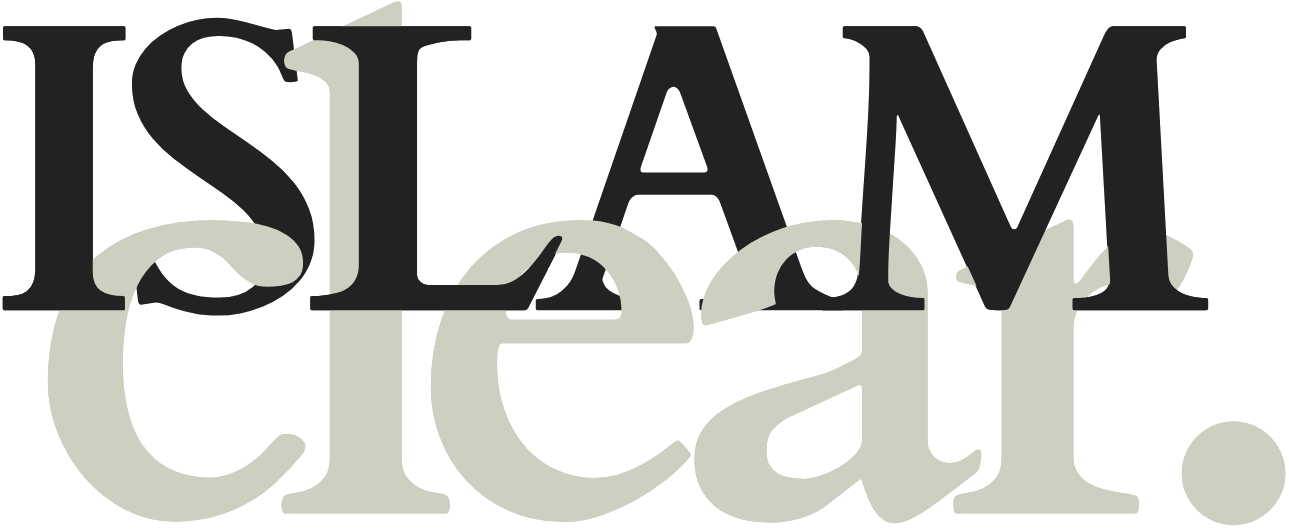Divine Decree (Qadar) in Islam
In Islamic belief, Qadar refers to Allah’s all-encompassing knowledge, measure, and determination of creation. The Qur’an presents decree alongside human responsibility: Allah creates and measures all things with precision, yet people choose and are judged for what they do—two truths affirmed together, without contradiction.
Core Definition
The Qur’an states: “Indeed, We created all things with [precise] measure.” (Qur’an 54:49)
He is “the Creator of all things” (Qur’an 39:62) and “created each thing and determined it with [precise] determination.” (Qur’an 25:2)
Qadar is often explained through four interlinked affirmations found in the Qur’an: Allah’s knowledge, the record, His will/permission, and His creating.
1) Knowledge that misses nothing
Allah’s knowledge is total and timeless: “With Him are the keys of the unseen; none knows them but He. He knows whatever is on the land and in the sea… not a leaf falls except He knows it.” (Qur’an 6:59)
“Allah has encompassed all things in knowledge.” (Qur’an 65:12)
2) The Record
Events are not random; they are written with Him: “No calamity strikes upon the earth or among yourselves except that it is in a Record before We bring it into being.” (Qur’an 57:22)
“Do you not know that Allah knows what is in the heaven and the earth? Indeed, that is in a Record; indeed that, for Allah, is easy.” (Qur’an 22:70)
3) Will and Permission
Creation unfolds only by His leave: “You do not will unless Allah wills.” (Qur’an 76:30)
“And you do not will except that Allah, Lord of the worlds, wills.” (Qur’an 81:29)
4) Creating and Measuring
He brings realities into existence according to measure: “Indeed, We created all things with [precise] measure.” (Qur’an 54:49)
“To Him belongs the dominion of the heavens and the earth… He created each thing and determined it with [precise] determination.” (Qur’an 25:2)
Human Choice and Accountability
Alongside decree, the Qur’an affirms choice, duty, and judgment:
- Freedom to respond: “Whoever wills—let him believe; and whoever wills—let him disbelieve.” (Qur’an 18:29)
- Moral agency: “Allah does not change the condition of a people until they change what is in themselves.” (Qur’an 13:11)
- Guidance offered, paths open: “We guided him to the way, whether grateful or ungrateful.” (Qur’an 76:3)
- No coercion in faith: “There is no compulsion in religion.” (Qur’an 2:256)
- Account and justice: “Whoever does an atom’s weight of good will see it, and whoever does an atom’s weight of evil will see it.” (Qur’an 99:7–8); “You will only be given your full recompense on the Day of Resurrection.” (Qur’an 3:185); “Allah does not wrong [even] the weight of an atom.” (Qur’an 4:40)
These verses establish that people truly act and are truly responsible, while their actions occur within Allah’s knowledge, record, will, and creation.
Scope of Decree in Life
- Life and death: “No soul can die except by Allah’s permission at a decree determined.” (Qur’an 3:145)
- Provision: “Indeed, your Lord extends provision for whom He wills and restricts [it].” (Qur’an 17:30)
- Events and trials: “No calamity befalls except by permission of Allah.” (Qur’an 64:11); “He who created death and life to test you which of you is best in deed.” (Qur’an 67:2)
Wisdoms Indicated in the Qur’an
- Testing and growth: “We will surely test you with something of fear and hunger and loss of wealth, lives, and fruits.” (Qur’an 2:155)
- Clarity of truth: histories and outcomes disclose what people really choose (Qur’an 12:111).
- Turning to the Lord: decree frames reliance and trust in the One who hears and responds: “I am near; I respond to the supplicant when he calls upon Me.” (Qur’an 2:186)
Not Fatalism
Qadar is not a denial of causation or effort. The Qur’an pairs resolution with reliance: “Consult them in the matter; then when you have decided, put your trust in Allah.” (Qur’an 3:159)
It affirms both means and outcome under Allah’s will: people act, intend, and decide—then meet their deeds on the Day of Judgment (Qur’an 17:13–14; Qur’an 99:7–8).
Concise Summary
Divine decree in Islam means that Allah knows, has written, wills, and creates all things with perfect measure, while humans act with real choice and bear real responsibility. The Qur’an keeps both truths together—comprehensive decree and accountable action—without reducing one to cancel the other.
